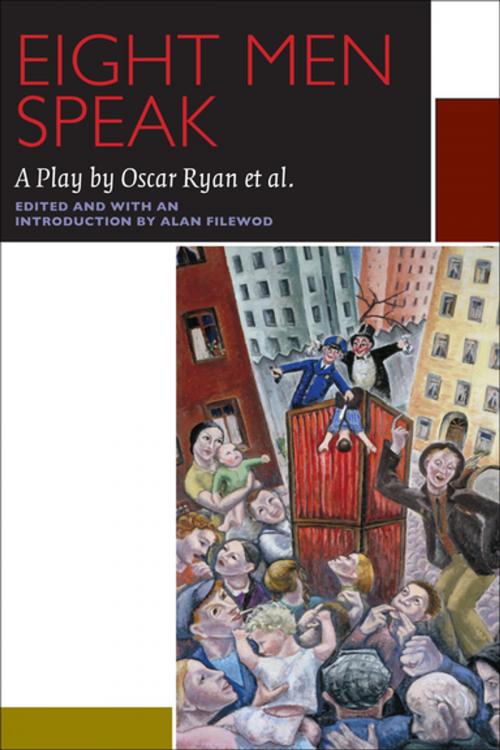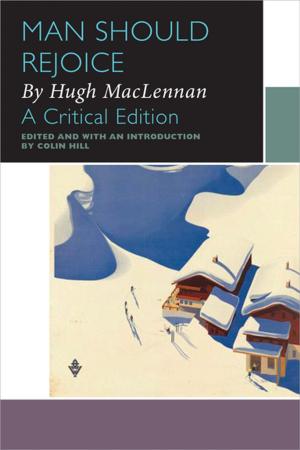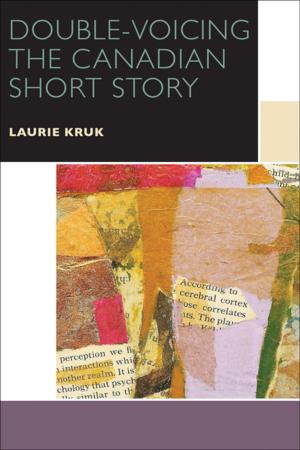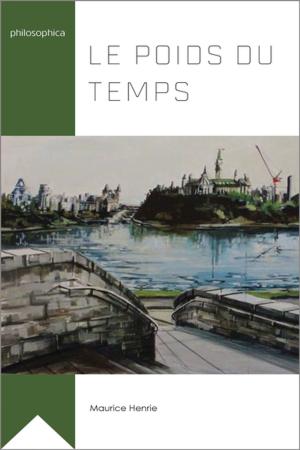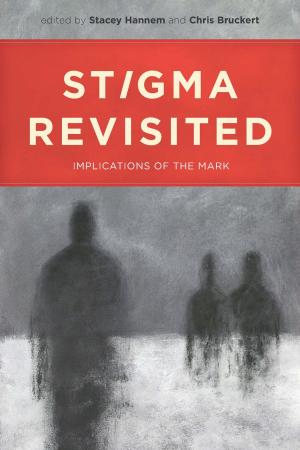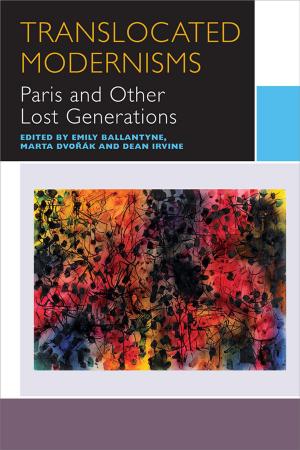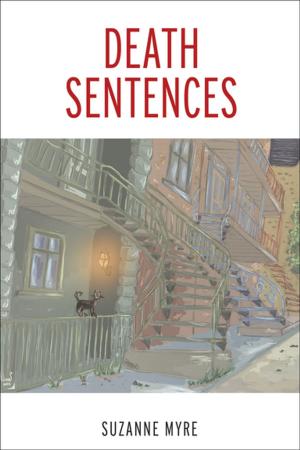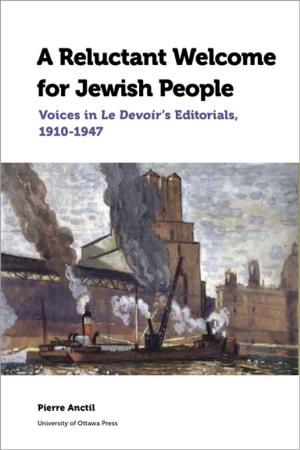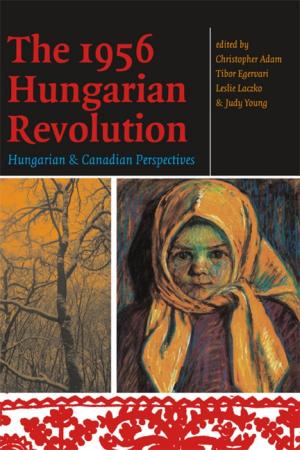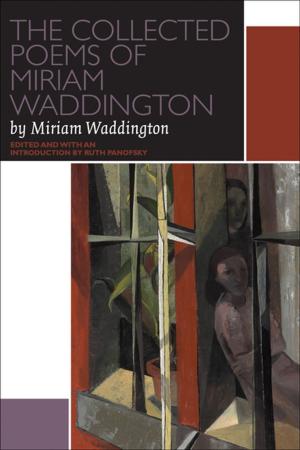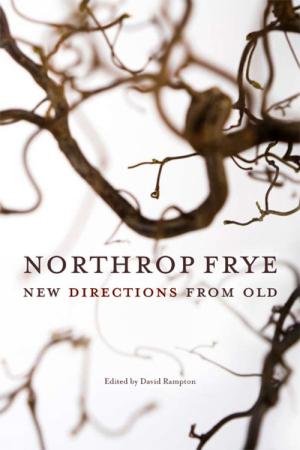Eight Men Speak
A Play by Oscar Ryan et al.
Fiction & Literature, Literary Theory & Criticism, Canadian, Drama History & Criticism, Nonfiction, Social & Cultural Studies, Political Science, Politics, Labour & Industrial Relations| Author: | Oscar Ryan, Edward Cecil-Smith, Frank Love, Mildred Goldberg | ISBN: | 9780776620756 |
| Publisher: | University of Ottawa Press | Publication: | March 30, 2013 |
| Imprint: | University of Ottawa Press | Language: | English |
| Author: | Oscar Ryan, Edward Cecil-Smith, Frank Love, Mildred Goldberg |
| ISBN: | 9780776620756 |
| Publisher: | University of Ottawa Press |
| Publication: | March 30, 2013 |
| Imprint: | University of Ottawa Press |
| Language: | English |
This volume comprises a reprinting and gloss of the original text of the 1933 Communist play Eight Men Speak. The play was banned by the Toronto police after its first performance, banned by the Winnipeg police shortly thereafter and subsequently banned by the Canadian Post Office. The play can be considered as one stage–the published text–of a meta-text that culminated in 1934 at Maple Leaf Gardens when the (then illegal) Communist Party of Canada celebrated the release of its leader, Tim Buck, from prison. Eight Men Speak had been written and staged on behalf of the campaign to free Buck by the Canadian Labour Defence League, the public advocacy group of the CPC.
In its theatrical techniques, incorporating avant-garde expressionist staging, mass chant, agitprop and modernist dramaturgy, Eight Men Speak exemplified the vanguardist aesthetics of the Communist left in the years before the Popular Front. It is the first instance of the collective theatrical techniques that would become widespread in subsequent decades and formative in the development of modern Canadian drama. These include a decentred narrative, collaborative authorship and a refusal of dramaturgical linearity in favour of theatricalist demonstration. As such it is one of the most significant Canadian plays of the first half of the century, and, on the evidence of the surviving photograph of the mise-en-scene, one of the earliest examples of modernist staging in Canada.
This volume comprises a reprinting and gloss of the original text of the 1933 Communist play Eight Men Speak. The play was banned by the Toronto police after its first performance, banned by the Winnipeg police shortly thereafter and subsequently banned by the Canadian Post Office. The play can be considered as one stage–the published text–of a meta-text that culminated in 1934 at Maple Leaf Gardens when the (then illegal) Communist Party of Canada celebrated the release of its leader, Tim Buck, from prison. Eight Men Speak had been written and staged on behalf of the campaign to free Buck by the Canadian Labour Defence League, the public advocacy group of the CPC.
In its theatrical techniques, incorporating avant-garde expressionist staging, mass chant, agitprop and modernist dramaturgy, Eight Men Speak exemplified the vanguardist aesthetics of the Communist left in the years before the Popular Front. It is the first instance of the collective theatrical techniques that would become widespread in subsequent decades and formative in the development of modern Canadian drama. These include a decentred narrative, collaborative authorship and a refusal of dramaturgical linearity in favour of theatricalist demonstration. As such it is one of the most significant Canadian plays of the first half of the century, and, on the evidence of the surviving photograph of the mise-en-scene, one of the earliest examples of modernist staging in Canada.
